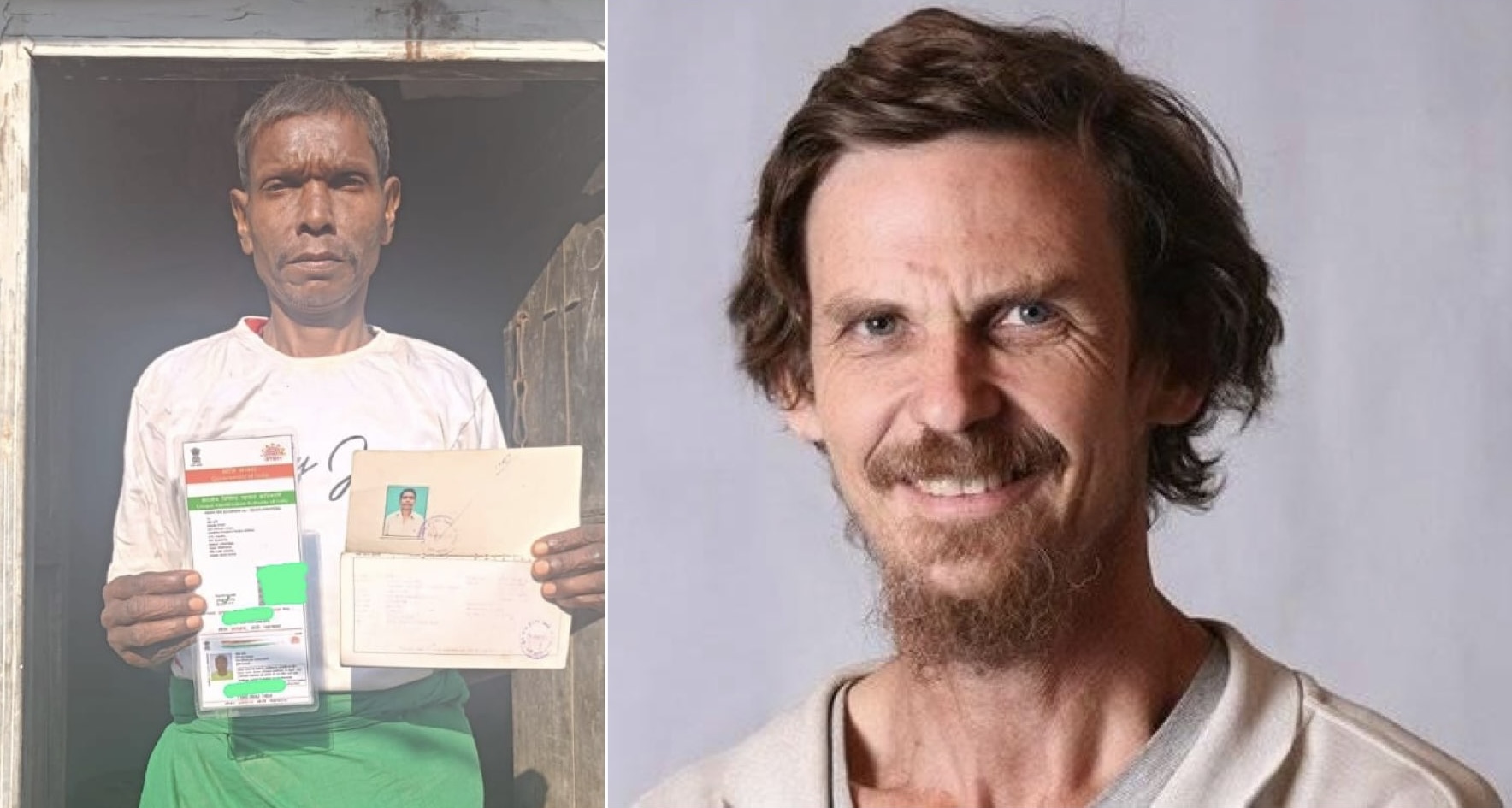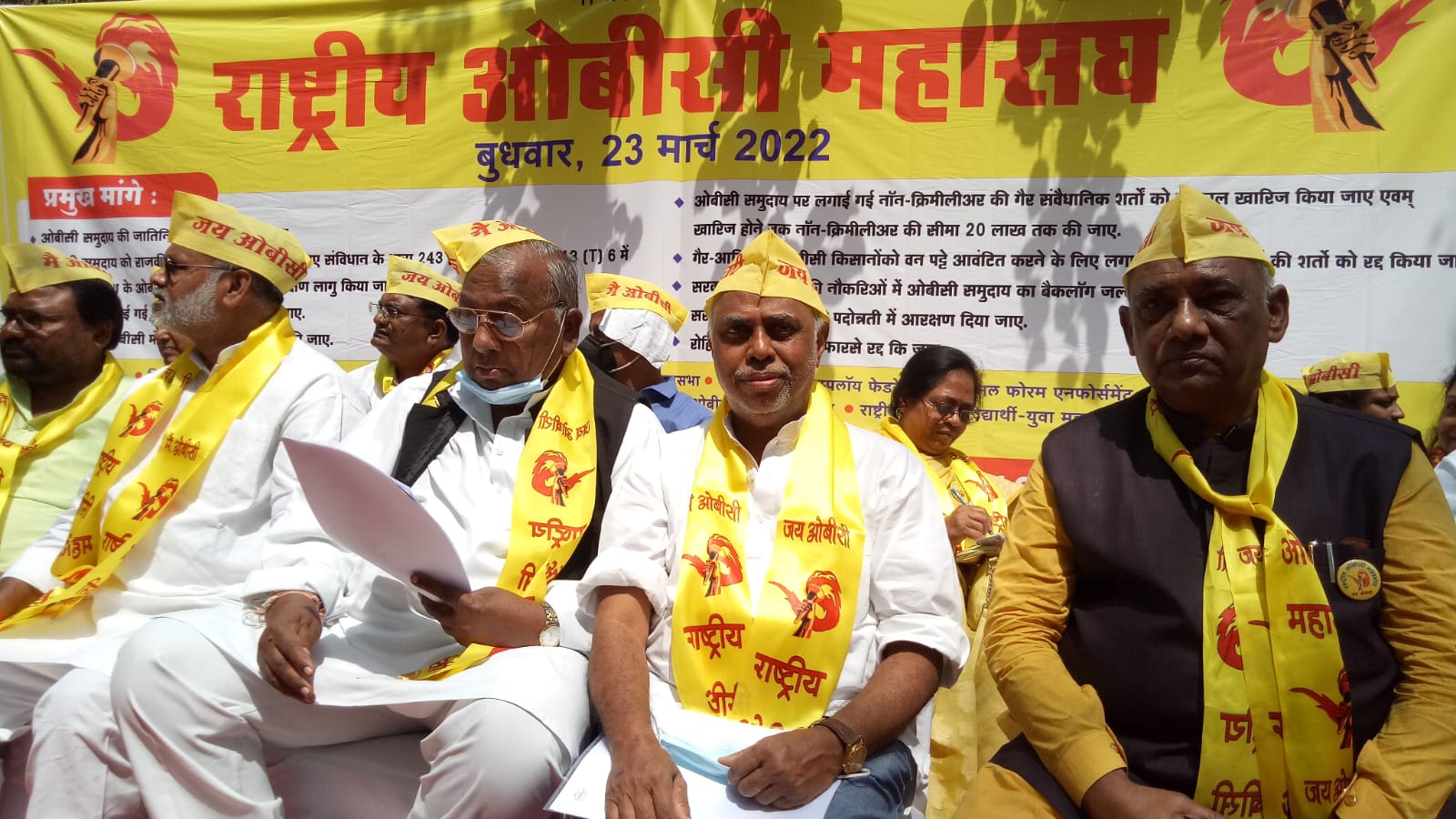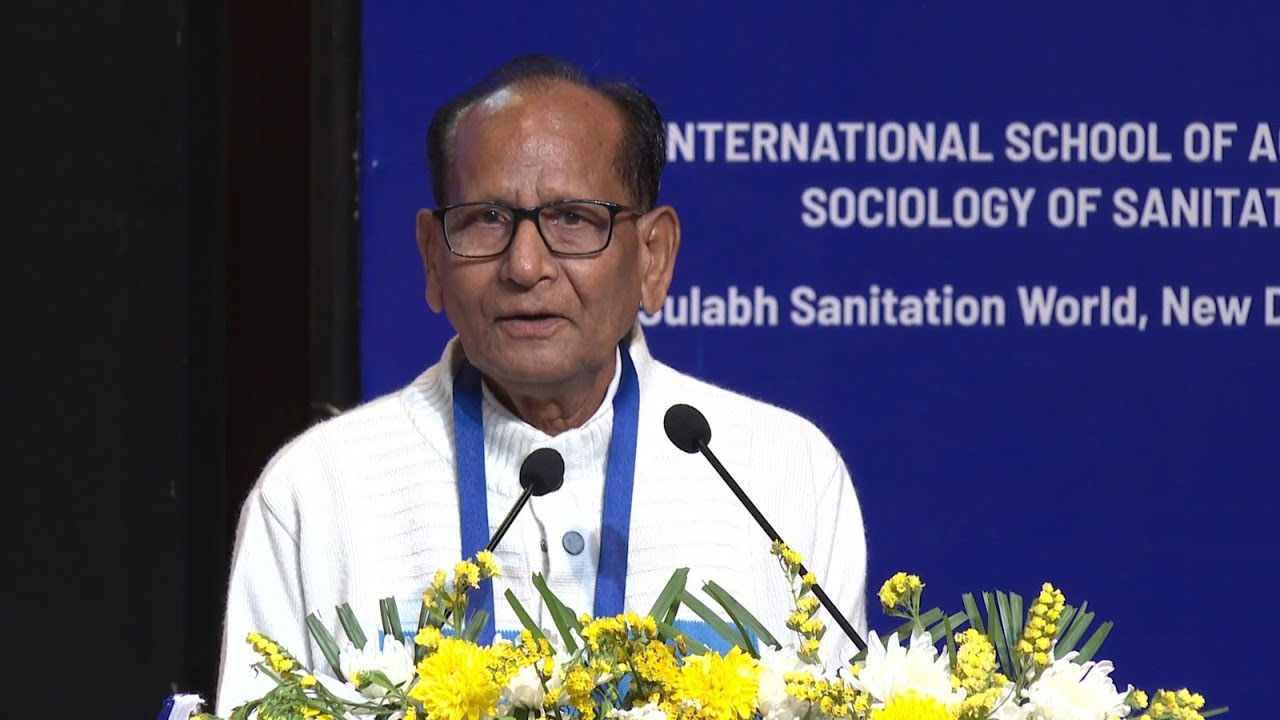The focus of the film The Kerala Story is not the forced conversion of Hindu women but the strengthening of the concept of Hindu Rashtra, which advocates for the turning of India into a Hindu State. The upper-caste Hindus, anxious about the caste system coming apart and insecure about their loosening grip on society, carried out a political programme to polarize north India based on the 80-20 binary (80 per cent Hindus, 20 per cent Hindus) and succeeded. But south India, which has in recent centuries been strongly influenced by egalitarian movements, has been a tough nut to crack. The right-wing upper-caste Hindus have had little political access to states like Tamil Nadu and Kerala despite knocking on the doors for decades. Now, where grassroots activism hasn’t paid dividends, the vast reach of mass communication and entertainment in the age of social media, provides an alternative route to polarization. The Kerala Story, produced by Vipul Amrutlal Shah, pounces on that possibility of sowing hatred with respect to a particular faith and glossing over hatred between castes. The film concentrates mainly on the journey of Shalini (played by Adah Sharma) to becoming Fathima and then, after realization that she has been brainwashed, her frantic battle to reclaim her former self. She is one of a group of women from Kerala who convert to Islam and join ISIS, the radical Islamic extremist group that originated and is most active in the Middle East.
Director Sudipto Sen employs an “emotionally exploitative gaze” with little respect for facts. Throughout the film, Kerala, one of the most socially inclusive and progressive states in India, is shown as being under constant threat from Muslims, who make up about a third of its population.
The release of the film on 5 May, in the run-up to the assembly elections in neighbouring Karnataka, seems to be hardly a coincidence. The ruling Bharatiya Janata Party (BJP), fighting anti-incumbency, gladly tapped into the propaganda. Even Prime Minister Narendra Modi claimed that “[The Kerala Story] discussed ploys to make the country hollow from within”. What does it mean? If this is such a threat to the country, the question that arises is what the central government is doing to address the problem? Do they have data on the forcible conversions of Hindu women to Islam and their entry into ISIS?
The government may not have the numbers but the filmmakers claimed that some 32,000 Hindu girls had converted to Islam and gone missing in Syria and Yemen. The director asserted that he had evidence to back up this claim, but he didn’t produce the evidence, nor did the government. When the court asked the filmmakers to reveal the source of that number, they agreed to remove the number mentioned in the description for the trailer, and the number was soon replaced with the figure 3. Even the film itself sounds confused. It talks about 48 missing girls in Syria at times and thousands of missing girls at other times. Consistency with respect to details is the hallmark of even good fiction and on that count this film that claims to depict reality fails terribly. In fact, in one scene, Nimah (played by Yogita Bihani) grossly misquotes former Kerala Chief Minister Oommen Chandy while telling an Indian police officer, “Our ex-chief minister said that Kerala will become an Islamic state in the next 20 years. As per the government report presented to the [Kerala] legislature in June 2012, on average, 2,800 to 3,200 Hindu and Christian families are converting to Islam each year. More than 30,000 females are missing, and the unofficial number is 50, 000, and we believe that Sir, and only 703 cases have been registered with just 261 rescued so far.”
“It’s law, and for that we need evidence; it doesn’t work on just emotions,” says the officer. However, the shocking and heart-wrenching visual treatment of Shalini leads viewers to trust and follow the character’s emotions rather than questioning the evidence.
While Nimah speaks with the officer, a recurring portrait of Gandhi in the backdrop fills the frame, as though Gandhi’s “principle of truthfulness” is supporting Nimah and her cause. This scene also seeks to emphasize the irony that Hindu women are not getting justice on Gandhi’s land. While the government cites lack of evidence, Gandhi appears as evidence to support their argument. Islamophobia, depiction of Muslims as terrorists, the notion of “love-jihad”, and the threat of communism are threads that run through the film.
The film commences with a scene where Shalini, the protagonist, is interviewed by a group of United Nations officials. Subsequently, the visuals transition to the arid expanse of Afghanistan, and a song permeates the opening sequence. Notably, one of the lines goes, “maasoom ko kisne bahakaaya” (who misled the innocent!). The film further plays up the innocence of Shalini and other Hindu girls throughout the film while simultaneously painting Islam as ruthless. This portrayal perpetuates a religious binary that could potentially evoke a sense of prejudice and bias in the audience. The film creates a pernicious stereotype about Muslims, thereby promoting a clear-cut division between the two religious communities. It is imperative to recognize and acknowledge the impact of visual representation on the audience’s perception of certain social groups and religions.

The film employs shocking visuals and figures that threaten communal harmony. The depiction of Kerala’s reality is highly distorted, where colleges are presented as breeding grounds for ISIS recruitment. Furthermore, the film depicts students celebrating Osama bin Laden, while Hindu girls in college are portrayed as easily lured for conversion by Muslims. There are no friends here; they are all recruiters. These recruiters come up with a conspiracy around eve-teasing. Hindu girls agree to wear the hijab as protection, as recommended by their Muslim friend Asifa (Sonia Balani), who is hired by ISIS to recruit and convert them. However, in taking cinematic liberties, the director appears to have entirely disregarded the reality of Kerala. No sequence depicting Shalini’s college-life experiences is shown. This portrayal explicitly promotes prejudice and bias against the Muslim community, which is counterproductive to social cohesion and may contribute to social unrest.
While the filmmakers may be able to justify its portrayal of the brutality of and mechanism used by ISIS, linking it to Kerala and presenting the state as a breeding ground for ISIS is both irrelevant and perplexing. Shalini laments to a United Nations official, “The entire Kerala has been placed on top of a ticking time bomb, sir. God’s own country is at risk of destruction. Please, sir, save it.” Such a portrayal unnecessarily, inaccurately creates a sense of fear and insecurity among the audience, particularly for the people of Kerala.
That Shalini, who comes from an upper caste and class and lives in a state that ranks highest in education, can easily fall for the conspiracy of her Muslim friend defies belief. Shalini’s innocence gets the sympathy of the audience’s gaze. Asifa makes a scathing criticism of Hindu Gods, which further alienates innocent Shalini and Geetu (played by Siddhi Idnani) from Hinduism.
In conclusion, the film employs content, tropes, mise-en-scene, and background score to sensationalize a particular issue and promote the agenda of mobilizing the majority. This approach is being utilized by right-wing organizations and parties in power to expand their presence. Now, the governments of Uttar Pradesh and Madhya Pradesh have declared the film tax-free in their states. Conversely, as a resistance to the propaganda, the government of Bengal has announced a ban on the film. Although the neighbouring state of Tamil Nadu has not officially banned the film, the state’s multiplex owners’ association has withdrawn it from cinemas.
The film’s plot revolves around themes such as rape, impregnation, child abuse, arson, suicide, conspiracies, love, abandonment, remarriage to a stranger, fleeing to Syria, the death of a loved one, abandonment, the killing of co-victims, escape from ISIS, and rescue by the UN human rights agency. Shalini is unable to get help from officials due to a lack of evidence. These elements are strategically used to promote the cause of Hindu Rashtra. Sudipto Sen has thus successfully emulated Vivek Agnihotri, the maker of The Kashmir files, another propaganda film that denigrates a people and a state.
Forward Press also publishes books on Bahujan issues. Forward Press Books sheds light on the widespread problems as well as the finer aspects of Bahujan (Dalit, OBC, Adivasi, Nomadic, Pasmanda) society, culture, literature and politics. Contact us for a list of FP Books’ titles and to order. Mobile: +917827427311, Email: info@forwardmagazine.in)





